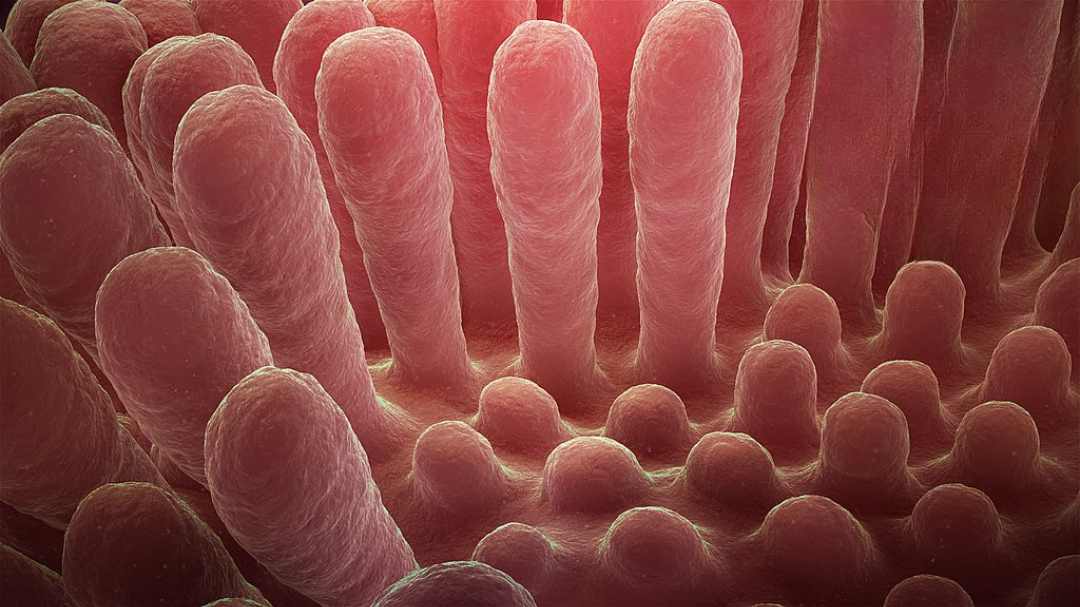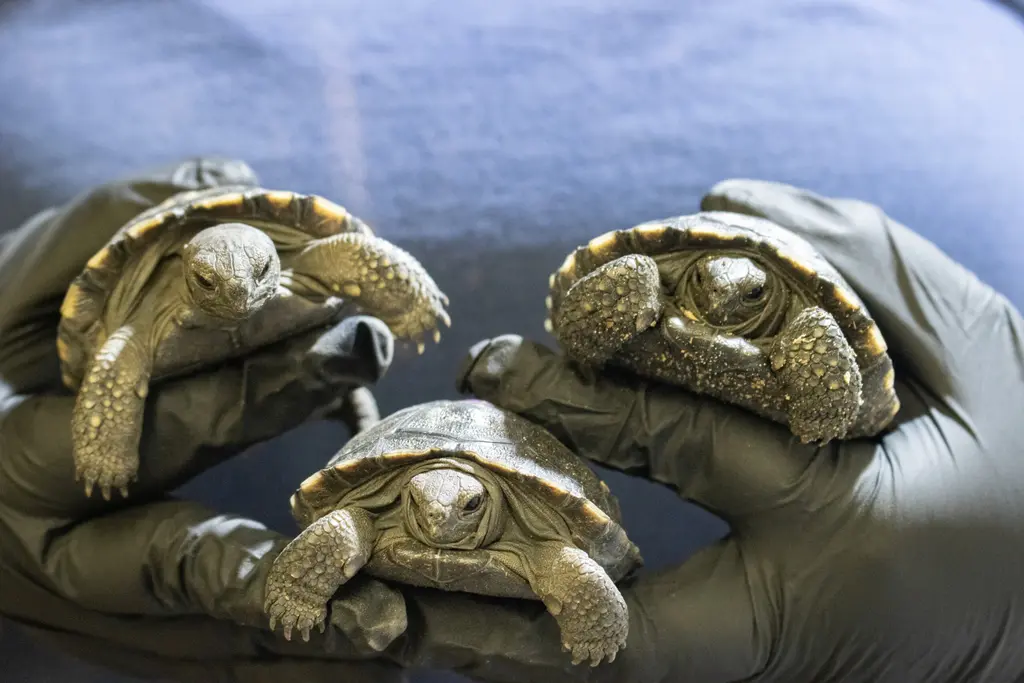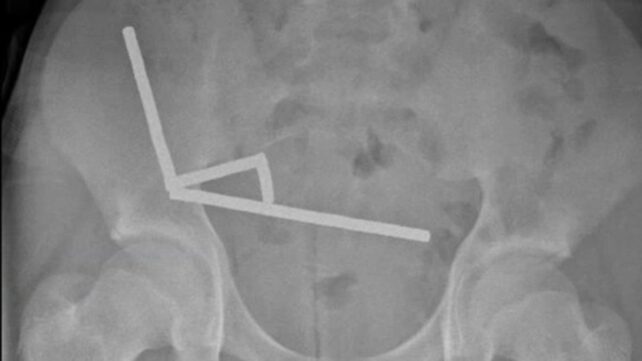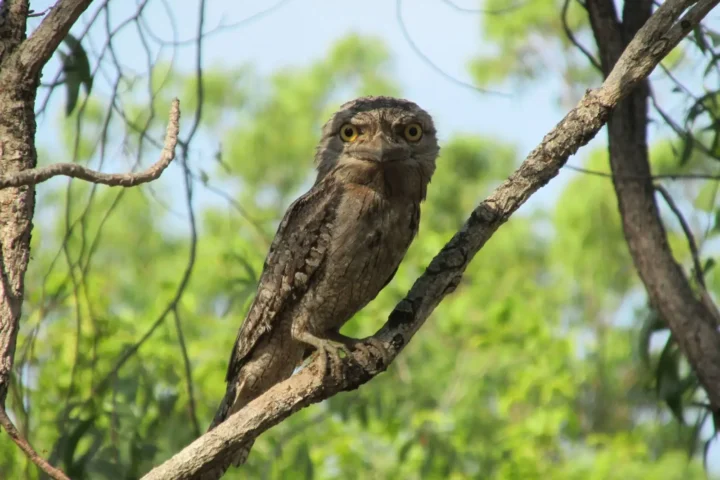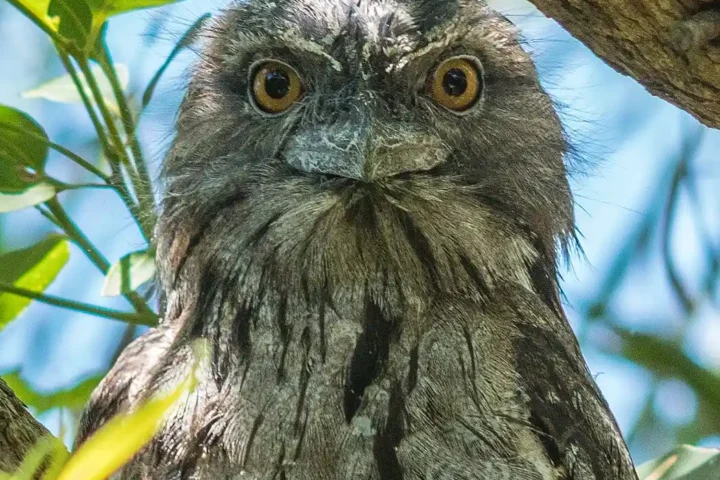Scientists have discovered that our genes help control gut bacteria in ways that could protect against diseases like diabetes. This finding changes how we think about gut health, showing it’s not just what we eat that matters.
Researchers at the University of Sydney found certain genes increase production of tiny proteins called alpha-defensins. These proteins act like gardeners in our gut, helping good bacteria grow while keeping harmful ones in check.
“We are not just passive hosts,” explained Dr. Stewart Masson from the research team. “Defensin peptides are present in a wide range of organisms, from plants to mice and humans, and are thought to be the earliest precursor to an immune system.”
The discovery happened by chance. Scientists were studying insulin resistance in mice when they noticed some mice were naturally protected against the condition. These mice had genes that produced more defensin proteins in their intestines.
To test their theory, researchers made these defensin proteins in the lab and gave them to mice lacking the protective genes. The results showed these proteins helped protect mice from the harmful effects of an unhealthy diet.
The team identified a specific defensin gene called Defa26 as particularly important. When mice with low levels of this gene were given extra defensins, they showed improved insulin sensitivity and healthier gut barriers.
However, the research revealed an important caution. While some mice benefited from extra defensins, others actually got worse. Mice that naturally produced high levels of defensins suffered negative effects like low insulin, glucose problems, and muscle wasting when given more.
Professor David James from the research team highlighted this finding: “These peptides could be a new weapon against chronic disease, but benefits vary between individuals. This underscores the need for precision medicine rather than one-size-fits-all approaches.”
Similar Posts
This varied response explains why personal genetics might matter for gut treatments. What helps one person might harm another, depending on their genetic makeup.
The findings have potential implications beyond diabetes. Scientists believe the gut microbiome plays a role in many conditions from obesity to depression. Understanding how our genes control gut bacteria could open new treatment paths for these problems too.
Human bodies also produce alpha-defensins through cells called Paneth cells in our small intestines. These cells release defensins that help shape which bacteria thrive in our gut.
The research team now plans to measure defensin levels in humans and study how they relate to microbiome composition and metabolic health. This step is crucial before any potential treatments could be developed.
The study comes at a time when interest in gut health products is booming. Australia’s gut supplement market was valued at around $400 million in 2024, while the global microbiome market is growing rapidly.
However, the researchers caution against jumping to conclusions about defensin supplements. The mouse experiments showed clearly that what benefits some genetic backgrounds can harm others.
This research was published in the EMBO Journal and received funding from the Australian Research Council and Diabetes Australia.
The discovery represents an important shift in how we understand gut health—recognizing that our genes play a crucial role in shaping our microbiome, not just our diet or supplement choices.
